High Creatinine Levels- Causes, Treatment & Management
By Nmami Life Editorial 28-Jun 2020 Reading Time: 7 Mins
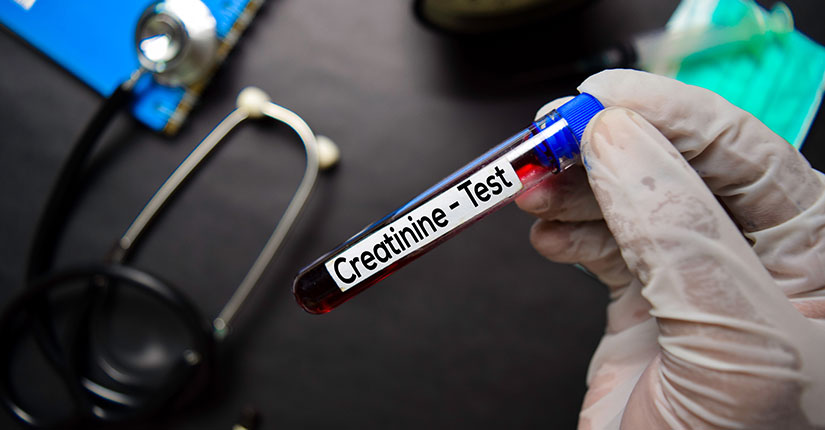
Creatinine is generated when you use your muscles or when you perform strenuous exercise and is a blood chemical waste product. Eating too much protein may also produce small amounts of creatinine. The bloodstream transports creatinine to kidneys, where the body filters it out through your urine. But in case of kidneys aren’t working properly, the level of creatinine in your blood can accumulate. This situation can lead to uremia, a life-threatening disorder.
Causes
Creatinine levels can increase temporarily from strenuous exercise or using certain medications like chemotherapy drugs. Other causes might be due to diabetes, high blood pressure, or thyroid disease.
Few other conditions which could lead to high creatinine levels are as follows. Many of these conditions can cause damage or disease that impacts kidney function.
- Drug toxicity (drug-induced nephrotoxicity)
- Kidney infection (pyelonephritis)
- Glomerulonephritis
- Diabetes
- High blood pressure
- Cardiovascular disease, such as atherosclerosis or congestive heart failure
- Blockage of the urinary tract
- Kidney failure, both acute and chronic
How to check creatinine levels?
Measuring creatinine levels regularly at intervals of few days can provide important insights about how your kidneys may be functioning. Creatinine levels can be determined using a blood test or a urine test. An accurate measure of the kidney function can be estimated by calculating how much creatinine is cleared from the body by the kidneys. This is referred to as creatinine clearance and it estimates the rate of filtration by kidneys (glomerular filtration rate, or GFR). The creatinine clearance can be measured by two ways:
- It can be calculated using a formula based on serum (blood) creatinine level, patient’s weight, and age. The formula is 140 minus the patient’s age in years times their weight in kilograms (times 0.85 for women), divided by 72 times the serum creatinine level in mg/dL.
- Creatinine clearance can also be more directly measured by collecting a 24-hour urine sample and then collecting a blood sample. The creatinine levels in both urine and blood are determined and compared.
Normal Range
Normal creatinine clearance for healthy women is 88-128 mL/min. and 97 to 137 mL/min. in males (normal levels may vary slightly between labs).
Dietary management
- Avoid excess exercising
Exercise is good in most cases but overdoing it may raise your creatinine levels. Since muscle metabolism produces creatinine, overusing through strenuous activity might raise levels. Opt for walking instead of running, or doing yoga instead of lifting weights.
- Reduce protein intake
People consuming very high amounts of red meat or other protein sources, including dairy products, may have higher creatinine levels than people who eat less of red meat. Switching to more vegetable-based dishes is necessary.
- Refrain from taking creatinine supplements
Creatinine is a natural compound made in your liver. It’s transported to your muscles where it’s used for energy. The rest unused creatinine is a waste product. In addition to its natural form, creatinine is also available as an oral supplement. Various athletes use these supplements to help improve athletic performance. Just like natural creatine, supplements containing this substance produce creatinine and will cause harm.
- Consume more fibre
Significant reductions in creatinine levels have been observed in people with chronic kidney disease who increased their fiber consumption. Though, there is still enough research needed to determine the effect dietary fiber has on creatinine levels.
- Check your fluid levels
Dehydration can be a reason to raised creatinine levels. Fluid intake can also be an issue for a few people who have kidney disease. Discuss with the doctor about water intake and other fluids and its frequency. Try adding a handful of mint or a slice of lemon or cucumber.
Treatment
Medications can aid to resolve high creatinine levels by treating the condition that’s causing the increase. An instance like antibiotics for a kidney infection or medications that help control high blood pressure.
If the kidneys become impaired for any reason, the creatinine level in the blood will rise due to a lack of clearance of creatinine by the kidneys. Abnormally high levels of creatinine thus warn of possible malfunction or failure of the kidneys. It is for this reason that standard blood tests routinely check the amount of creatinine in the blood
If there is kidney failure, dialysis may be required with a combination of medications to help filter toxins and waste products from your blood. In severe cases or end-stage cases, a kidney transplant may be required.
Over to you
Use diuretics with caution. Diuretics are substances that help the body remove excess fluid. They can reduce swelling due to fluid retention but can creatinine levels in people with kidney disease. Consult a doctor before taking diuretics. Regular tests and consultation from doctors should be done.
One thought on “High Creatinine Levels- Causes, Treatment & Management”
Leave a Reply
Your email address will not be published. Required fields are marked *


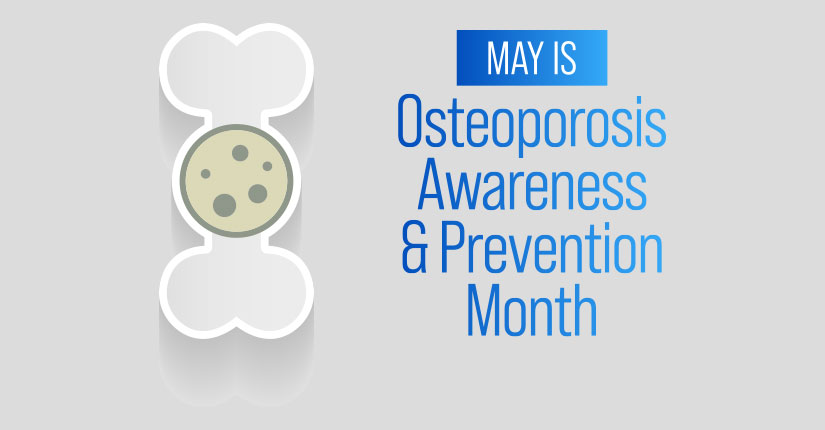
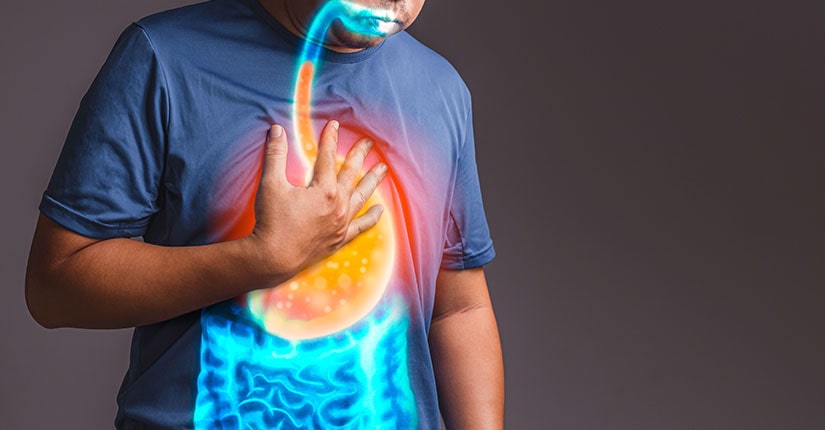


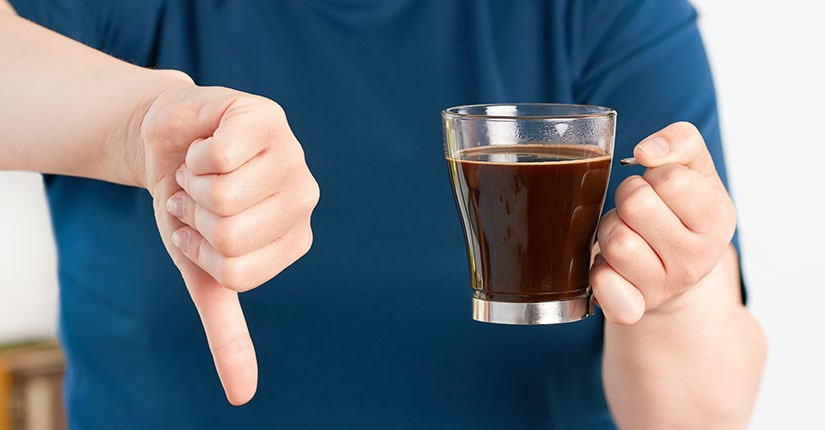





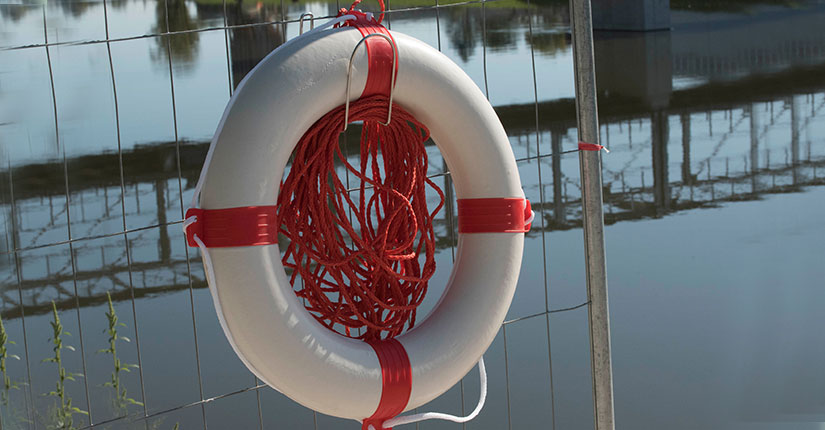


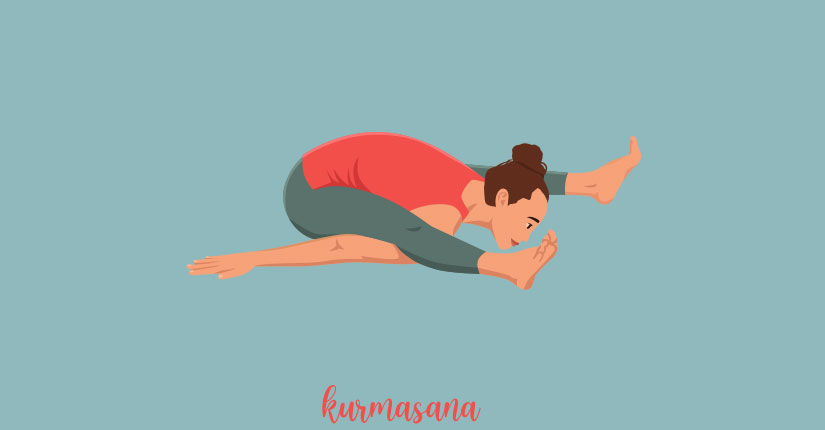


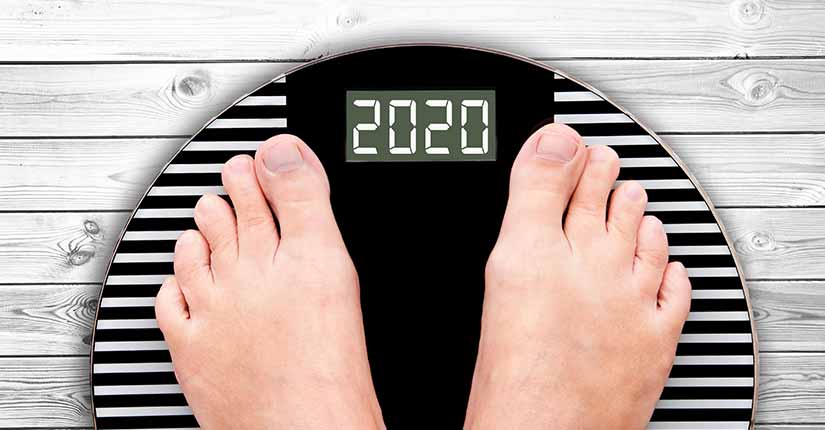
This was a great information about creatinine. I was recently advised by my trainer to start using creatinine for its various benefits. Thank you for sharing these useful knowledge insights..